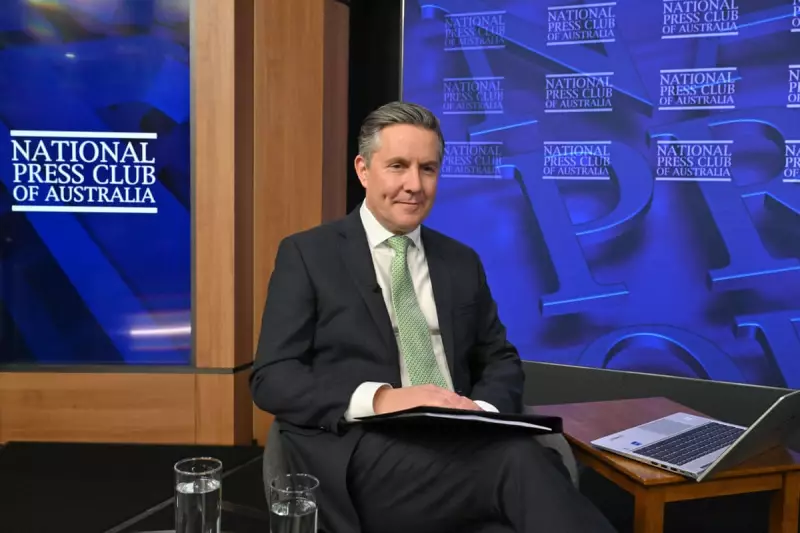
Disability advocacy groups are in open revolt against the Albanese government, launching a concerted campaign to oppose sweeping reforms to the National Disability Insurance Scheme (NDIS) that they warn will catastrophically restrict access for autistic children and those with developmental delays.
Campaign Against 'Damaging' Changes Gains Momentum
In an unprecedented move, every state and territory's peak disability advocacy organisation has united to condemn the proposed changes. They have issued a stark warning that the new access rules, slated to be introduced through legislation later this year, will inflict significant harm on vulnerable children and their families.
The collective, representing hundreds of thousands of Australians with disabilities, argues the reforms will create a "two-tiered system" and erect nearly insurmountable barriers to essential support.
At the Heart of the Controversy: The New Access Pathway
The core of the dispute centres on the government's new "foundational supports" strategy and a revised access pathway for the scheme. Advocacy groups fear this new system will:
- Drastically narrow eligibility for children with autism and developmental delays.
- Force families to navigate a complex and demanding new application process.
- Push children into a separate system of state-based support that lacks the funding and robustness of the NDIS.
- Ultimately leave thousands of children without the critical early intervention therapies they desperately need.
Nicole Lee, president of People with Disability Australia, stated the changes would be "really damaging for kids" and undermine the entire principle of the scheme.
Government's Stance and the Rising Political Battle
The government, led by NDIS Minister Bill Shorten, maintains that the reforms are necessary to ensure the scheme's long-term sustainability. They argue the current trajectory is financially unsustainable and that the changes will ensure support is directed to those with the most significant and permanent disabilities.
However, this justification has been met with fierce scepticism from the disability community. Advocates accuse the government of using "sustainability" as a smokescreen for deep cuts that will hurt the most vulnerable. The issue is rapidly escalating into a major political battle, with advocates vowing to fight the legislation every step of the way.
The proposed reforms have ignited one of the most significant debates about the future of disability support in Australia, pitting the government's fiscal concerns against the fierce advocacy of a community fighting for the rights of its youngest and most vulnerable members.





